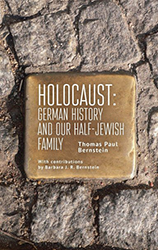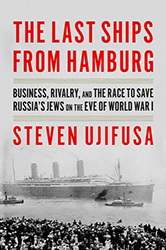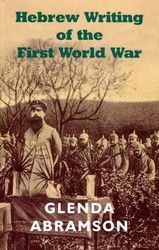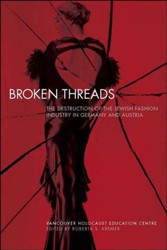Although the Jewish population of all of Germany has never been as large as that of present-day Los Angeles, the “Jewish Question” has been at the forefront of German history for nearly three hundred years. In this gripping and meticulously researched book, Tim Grady focuses on the place of German Jews in the years leading up to and throughout World War I, and explains how this eventually led to the virulent antisemitism of the Nazi regime.
In contrast to the tens of thousands of Jews who emigrated to Germany after the pogroms in Russia, German Jews not only spoke German, but had fully adopted German culture and values. They were staunchly patriotic and loved their Kaiser, and yet were discriminated against in universities, the military, and the upper echelons of society. With the outbreak of World War I, the Kaiser called for a unified Germany with no distinctions between Jews and gentiles. The Jews of Germany enthusiastically embraced this “Spirit of 1914” by volunteering for military service and performing countless patriotic activities. They finally felt themselves fully equal. They reveled in Germany’s early victories and many took on leadership roles in industry, government, and even the army.
As the war raged on in 1916, the German people could not accept that their army had suffered defeats on the battlefield, and that their economic resources were becoming depleted. Casualties became unacceptably high, and food shortages led to hunger throughout the land. Someone had to be at fault.
To investigate the causes of these setbacks, the government devised a census with a clear anti-Semitic bias to investigate whether the Jews in the army were cowards or shirkers. Without evidence, Jews became convenient targets of a smear campaign, and virulent antisemitism once more returned to Germany. This affected not only the military but also Jewish civilian leaders, who were accused of incompetence and corruption, and business owners, who were said to benefit from war profiteering. After all, so their thinking went, Germany’s defeat could not have been the fault of the German army, but had to be based on a “stab in the back.”
Using biographical notes to humanize the men and women in the book, Grady meticulously assembles facts as a basis for his argument:that World War I was the foundation on which Hitler built what eventually became the Holocaust. A Deadly Legacy is at once a highly readable and frightening book.





